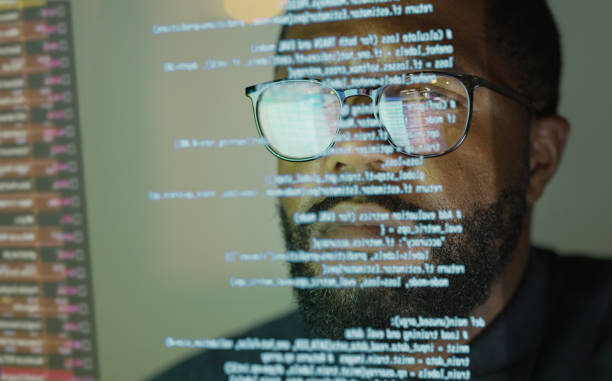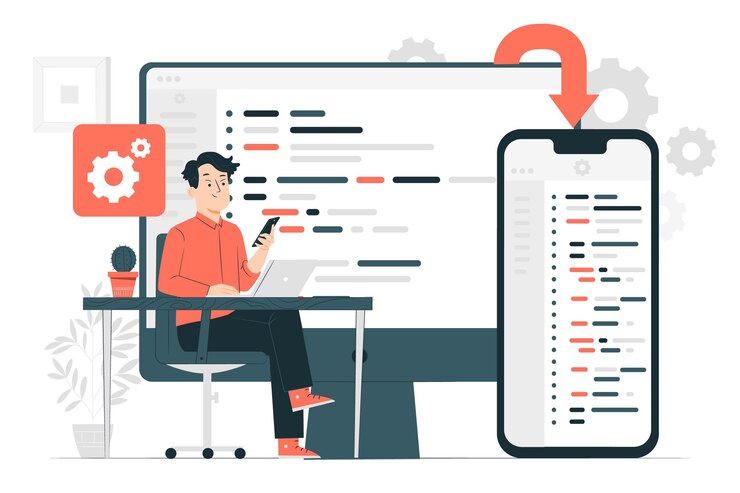Healthcare is one of the biggest innovations mankind has ever produced, and it has allowed people to live for far longer than they would’ve been able to otherwise. It has also resulted in a higher average life expectancy. Healthcare is extremely important, but it can also be inconvenient, or worse, difficult to obtain, especially for those who need it the most, such as disabled or elderly people who can’t make it to the hospital easily yet need to be attended to by a professional. This is where technology steps in, providing a pathway for healthcare from home.
Telemedicine
Telemedicine is a recent innovation, yet it’s one that many people already can’t live without. Since the telephone was invented, many people have wondered why appointments haven’t just taken place over calls, but now, with better technology, this is finally being adopted. For minor health concerns or follow-up appointments, phone or video calls are preferred, allowing doctors to get information from their patients quickly and effectively. It also reduces the chance of a missed appointment since picking up a call is more convenient than going to the hospital, and this can be life-saving if the patient can report an abnormality on time.
Wearable health devices
There are many wearable health devices out there, and they all have their form of added convenience. Innovations in technology have allowed even rudimentary smartwatches to have accurate heart rate sensors, which allow these devices to track people’s heart rate and flag times when their heartbeat is too fast or too slow. Some devices even have blood pressure and SpO2 sensors, which can track the oxygen level in a person’s blood. While these sensors are not always as accurate as medical instruments, they are still useful for pinpointing whether or not a person has an irregular heart rate or blood pressure so they can get themselves checked at a clinic.
Remote monitoring
A more comprehensive and reliable version of wearable health devices is remote monitoring, which is used for everything from patients at risk for serious conditions to chronic care management. In this support method, a company provides a highly advanced device that patients can use at home. This device tracks their vitals and anything else important, letting the caretaker company know if there are any fluctuations and if the patient needs medical attention. This is a convenient way of managing a chronic condition and preventing a serious complication of a disease because medical attention is only ever a few minutes away.
Online prescriptions
A great advantage of having access to the internet is that you can fill your prescriptions from the comfort of your home. This is especially great if you’re living with a chronic condition and need to take medicine in the long term. Some online vendors have access to virtually any medicine you need, no matter how specialized, and all you need to have is a prescription. If you’re using telemedicine platforms, your doctor could send a virtual prescription to get your medicine faster and easier. This can be life-saving if it’s a medicine that prevents serious conditions, like insulin.
Mental health support
Mental health support is one of the biggest considerations of the modern era as more and more people are starting to recognize the toll bad mental health can have on a person’s life and those around them. However, getting help can be time-consuming, expensive, and embarrassing if stigmatized in your community or area. Luckily, many online platforms offer sessions with therapists and psychiatrists online, allowing you to get a consultation easily. This also results in fewer missed sessions, as you can attend your counseling wherever you are as long as you have an internet connection.
Conclusion
Technology has taken over society, and its convenience and accessibility provide countless conveniences. However, one of its most important effects is the accessibility of healthcare, especially by those who need it the most, instantly and without any fees. People suffering from diabetes or other conditions can be better informed about warning signs, those with disabilities can easily order medication or have a virtual appointment, and the general public has more knowledge about medicine and the habits and adjustments needed to avoid diseases than ever.










